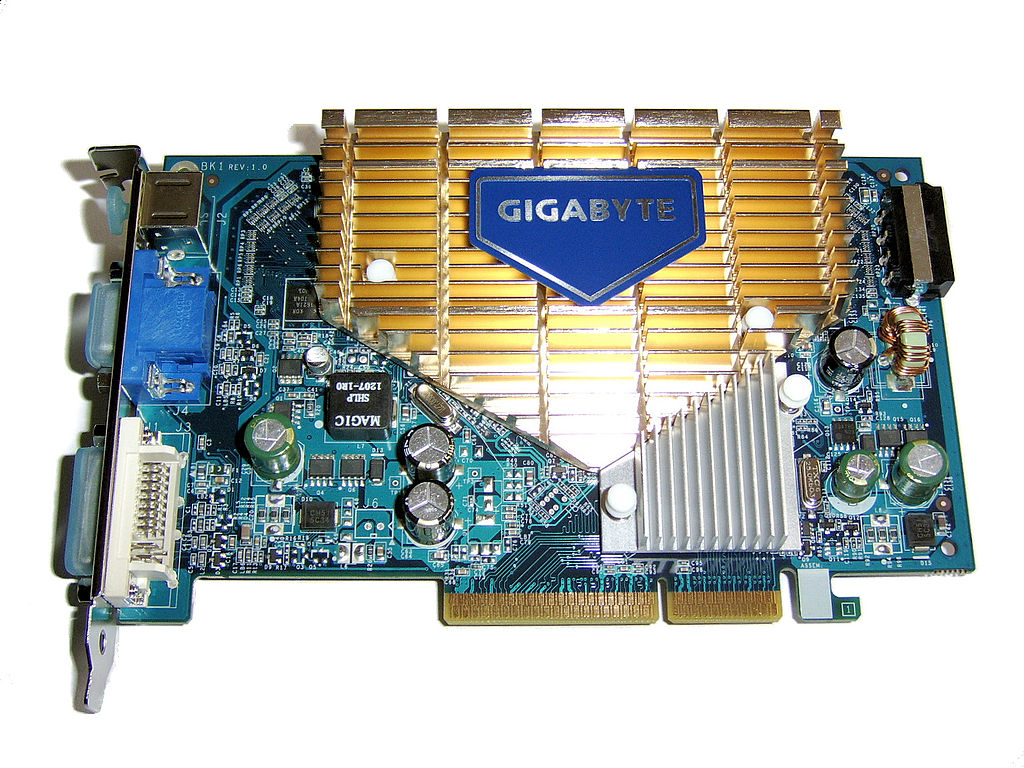Home security technology has come a long way in recent decades, and homeowners can even purchase DIY home security kits online to install themselves. These systems boast cost-savings and efficiency, allowing people to customize their home security layouts and components – but are they really all they’re cracked up to be? Can anyone install a home security system, or is this the type of thing that’s better left to an expert? If you’ve found yourself caught choosing between a traditional home security system and a DIY solution, below are some pros and cons to consider:
Pros
DIY Allows For Customized Installation
One of the biggest benefits of choosing a DIY home security system is that these systems allow you to customize the installation. You can choose where to place components like glass-break sensors and door alarms, and you also get to choose which areas of your residence to monitor. This can be great if you need to change your layout over time or if you need to customize your home security system while away for the holidays.
DIY May Not Require A Long-Term Contract
Traditional security systems typically require homeowners to sign a lengthy service contract for monitoring services. This may not be a bad thing if you’re happy with your service and plan to stay in your home for a long time to come, but these contracts can also encumber your ability to switch providers since they are usually tied to the equipment that has been installed.
Most DIY home security system providers offer monitoring with no long-term commitment. The monitoring provided with these systems is usually available on a month-to-month basis, and this can provide more freedom to start and stop service as needed. If you need to move in the future, you can end your service, relocate your residence and restart service at your new place using the same equipment.
You Can Use DIY Home Security Systems In Apartments
One of the biggest downsides of living in an apartment can be the restrictive nature of customizing your living space. Many people who rent apartments aren’t able to have security systems installed because they don’t own the property, but a DIY security system may be the answer to this challenge. Most DIY security systems don’t require any type of drilling or permanent placement of components, so they can be set up and taken down without making permanent alterations to a property. DIY home security systems can also scale with your needs, so people living in apartments can add or remove components as needed.
Cons
Installation Can Be Complicated
Although DIY home security kits these days are fairly straightforward in terms of installation, some people prefer the assurance of knowing that the job was done by a professional. Because a home security system plays a vital role in protecting loved ones and property, you can’t afford to make mistakes during installation, and this can be a sticking point for some homeowners when it comes to DIY.
Installing your own home security system also means that you don’t receive the same warranties that often come along with professional installation. If a homeowner makes a mistake during installation and something bad happens, the homeowner is usually fully reasonable for fixing the problem.
Some DIY Security Systems Require Internet
Some DIY security systems require an always-on WiFi connection in order to function. This means that if the Internet goes down or the power is out, the security system no longer functions. Many professionally-installed home security systems include an on-site backup battery system that kicks in if the power goes out, and traditional home security systems may communicate via telephone cables. If the power goes out and your home’s router can’t provide a WiFi signal, you may be left unprotected if your home uses a DIY home security system.


